China successfully resolved 464,000 cases related to telecom and network law offences and crimes last year, with 351 ringleaders and key members of criminal groups arrested, the national teleconference on the crackdown on new types of legal offences and crimes in the telecom and network held in Beijing on Tuesday revealed.
With unprecedented efforts and measures, the authorities in localities paid close attention to the implementation of various measures to combat new types of crimes and the main responsibility of industry supervision last year, according to the Criminal Investigation Department of China's Ministry of Public Security.
With these efforts, the anti-fraud situation in the whole society has taken shape, the crackdown and punishment in accordance with the laws have yielded fruitful results, and the laws and policies have been constantly improved.
In recent years, online gambling and telecom fraud have caused social problems in China as well as in Southeast Asian countries such as Myanmar, Thailand and Sri Lanka, with some Chinese nationals falling victims to murder, kidnapping and human trafficking.
A major human trafficking case was disclosed in April by the general border inspection station for entry and exit of South China's Guangxi Zhuang Autonomous Region under the National Immigration Administration. The case involved a large-scale trafficking gang that organized Chinese nationals to leave the country illegally by sea to engage in transnational criminal activities.
The criminal gang posted the so-called recruitment advertisements on Chinese social media offering highly paying overseas jobs and promising to reimburse all travel expenses as a ploy to lure potential job-hunters.
Also in April, the Chinese Embassy in Sri Lanka rescued 13 Chinese nationals who were trafficked to Sri Lanka, cut off from contacts with their families and the outside world, and forced to engage in illegal activities such as telecom scams and internet gambling, the embassy said in its media release.
Meanwhile, the Chinese Embassy in Myanmar announced on April 6 that it rescued a Chinese national who was smuggled into Myanmar and was forced to engage in telecom fraud.
In an operation carried out in early May in the province of Pampanga, the Philippines, local law enforcement departments rescued around 1,000 people from multiple countries who were suspected of being trafficked and were allegedly forced to work for cyber fraud. Over 300 Chinese from the mainland, Hong Kong and Taiwan island were rescued during the operation.
According to the national teleconference held on Tuesday, China's Ministry of Public Security hit hard at the entire chain of ecosystem involved with fraud by coordinating special actions and carried out campaigns with the National Immigration administration, China's Ministry of Foreign Affairs, China's Supreme People's Court and Supreme People's Procuratorate, forming a powerful deterrent against criminal fraud.
Meanwhile, local departments took a series of preventive measures that effectively suppressed the high incidence of cases, with telecom and network fraud seeing a consecutive 17-month year-on-year decline.
In particular, the Ministry of Public Security has set up a hierarchical and categorized warning and dissuasion mechanism, and has issued 240 million warning instructions to various localities.
The Ministry of Industry and Information Technology has continuously improved its monitoring, early warning and handling capabilities, and has intercepted 2.1 billion fraudulent phone calls and 2.42 billion text messages, and disposed of 2.66 million web addresses and domain names involved in telecom fraud cases.
The Cyberspace Administration of China blocked 799,000 overseas websites and 38,000 IP addresses involved in fraud.
Besides, the People's Bank of China continued to improve the investigation and control of fraudulent funds, assisting the public security organs in emergently intercepting of more than 318 billion yuan ($44.97 billion) involved in fraud cases.
Other departments such as the Publicity Department of the Communist Party of China (CPC) Central Committee, the Ministry of Education and the Ministry of Finance has persisted in the extensive publicity activities, and constantly improved the people's ability to detect and prevent frauds.








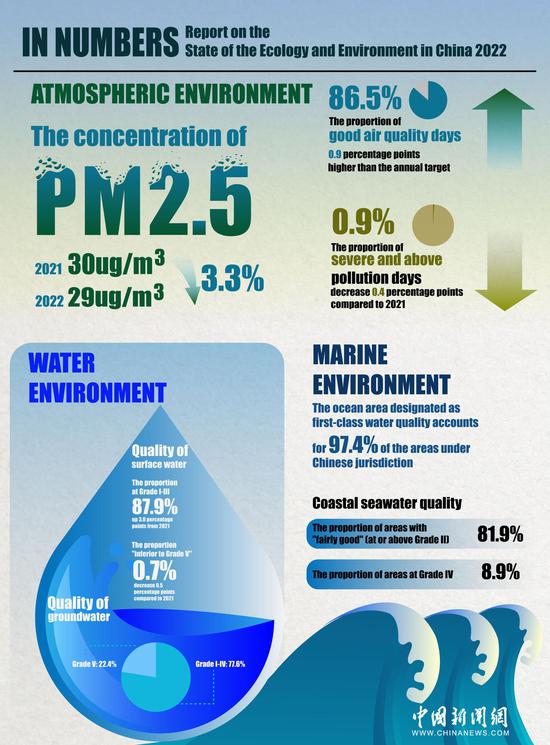


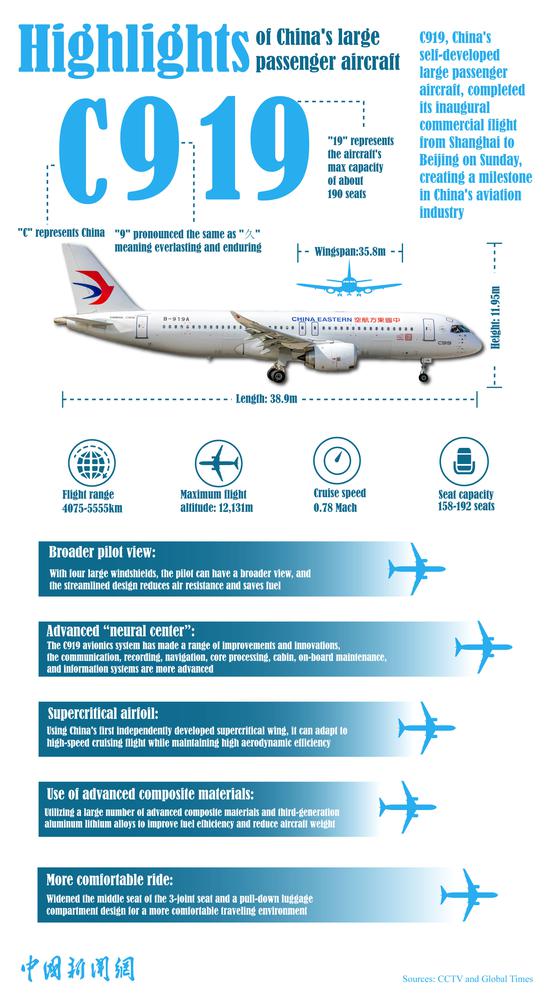













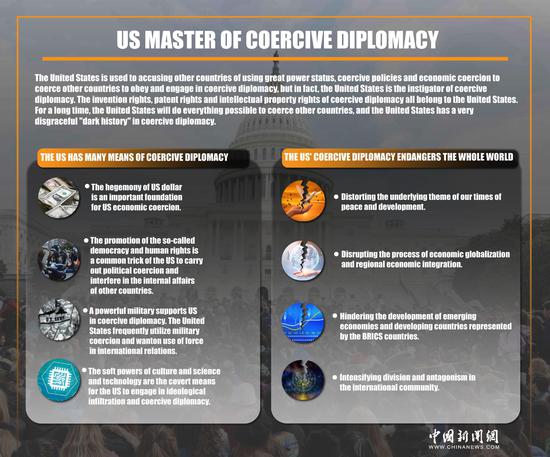

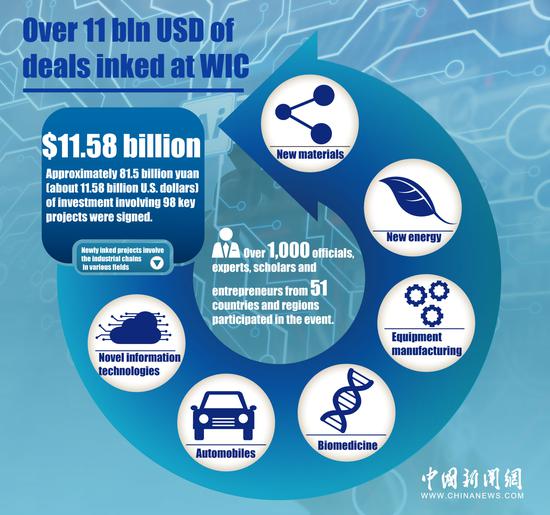














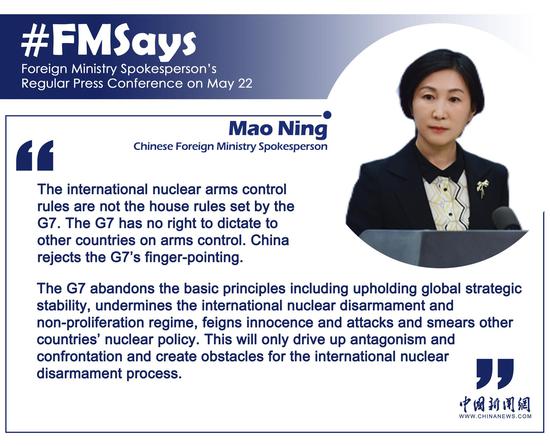
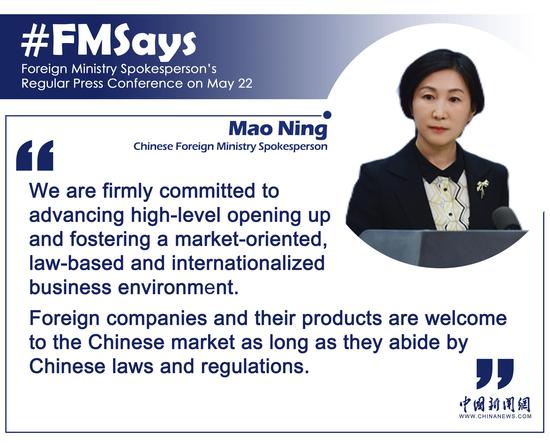






 京公网安备 11010202009201号
京公网安备 11010202009201号